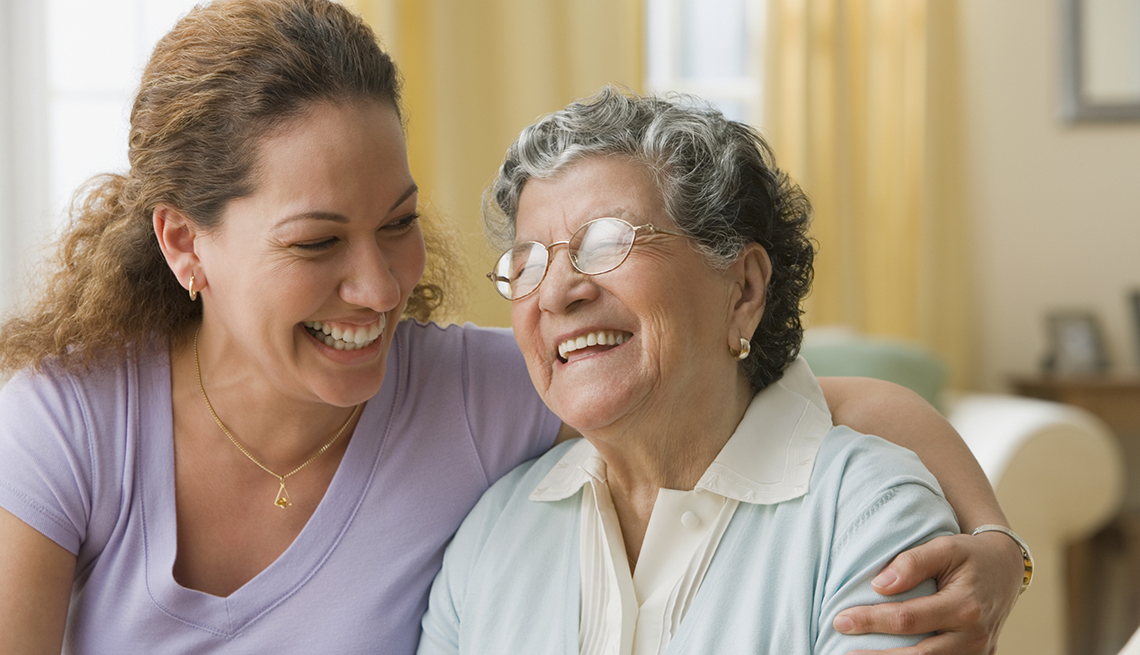
“No other form of communication is as universally understood as touch. The compassionate touch of a hand or a reassuring hug can take away our fears, soothe our anxieties, and fill the emptiness of being lonely.” – (Randi G. Fine).
With the aging population and the number of seniors getting diagnosed with dementia on the rise, more caregivers will be needed to step up and fulfill the responsibility of caregiving.
However, caregiving is not just about taking care of the physical needs of the client. There is more to caregiving than the technical skills that impact the quality of life of clients; rather, it’s
the intangible qualities that a caregiver possesses that help make the difference between simply giving “treatment” or genuinely providing “care.”
Below are the top 3 qualities that we, at Personalized Dementia Solutions Inc., have observed to consistently be the recurring qualities of a caregiver our clients and their families values the
most, based on the conversations from the numerous family caregiver support group meetings we have conducted over the years:
1. Human Connection
According to David Rakel, author of the book, “The Compassionate Connection: The Healing Power of Empathy and Mindful Listening,” a healthy connection between a caregiver and their client can help boost a client’s immune system and the caregivers themselves! A gentle reassuring touch for example, can stimulate self-healing mechanisms in a patient’s body.
As an example, one of our client’s family member shared the story about how the compassionate and thoughtful care of her Mom’s caregiver, who was living at a senior’s home, was able to help her Mom become more relaxed, trusting and comfortable of her new environment. The caregiver, she said, took the time to brush her Mom’s hair and put it in a neat pony tail. This simple gesture started a genuine connection between her Mom and her caregiver.
2. Empathy
Greater Good Magazine, a publication from the University of California, Berkeley defines “empathy” as “the ability to sense other people’s emotions, coupled with the ability to imagine what someone else might be thinking or feeling.”
A caregiver’s ability to empathize with a client allows the client the feeling of safety and validation and make them feel seen and heard. More often than not, when everything else fails, a good caregiver is able to calm a scared or agitated client by simply empathizing with them, feeling what they are feeling and just quietly share that space with their client. This same skill can also can be useful for when we are supporting our client’s family caregiver – this provides a valuable level of validation that almost feels like a safe, warm blanket that calms clients and their families who are feeling scared, lost, angry and insecure.
3. Patience and Flexibility
In caring for seniors, patience and flexibility go a long way – the patience to answering the same question over and over again and the flexibility and openness to be in their client’s reality, even if feels silly or awkward. A good caregiver is able to see the value of flexibility in creating a harmonious relationship with their client. An exceptional caregiver can even find humor and share a belly laugh with their client and thus, turn what could have been a stressful interaction into a positive one that mutually benefit caregiver and care receiver.
Other equally important qualities of a caregiver include: creativity, resourcefulness, being attentive and the ability to respond to situations in a timely manner.
It is therefore apparent that the quality of life of the care-giver and their care-receiver, depend on a professional caregiver’s ability to cope and manage the stress and demands of their role. They must know how to practice self-care because one can only give what one already has – be it time, energy, compassion, patience, encouragement, etc.
However, it is also known that even though “self-care” is common knowledge and commonsensical, it is, as most caregivers would say, “easier said than done.”
Ironically, caregivers still need to be taught the knowledge and the skills, and possibly, the permission to practice self-care. A new online self-paced educational course for professional caregivers called, CDCP™ (Certified Dementia Care Provider) is now available for caregivers to learn creative approaches to dementia management as well as strategies to managing work-related stress in dementia care and much more. In addition, caregivers who successfully complete this course will also earn the CDCP designation which they can attach to their name. This helps boost the self-esteem and a healthy level of pride, that they need to confidently carry on their daily duties and responsibilities.
As mentioned in the beginning of this article, as the number of seniors, particularly those diagnosed with dementia, continue to rise, so will the need for all caregivers who do not only possess the technical skills but most importantly the intangible yet critical aspects that make the difference between “treatment” and “care.” These are the qualities that truly impact the lives of individuals living with dementia, their families and the professional caregiver themselves.
Submitted by Maria R, Student Relations Coordinator
Personalized Dementia Solutions, Inc.
www.DementiaSolutions.ca
Safe Care Home Support has been a strong supporter of the work Personalized Dementia Solutions Inc.has been doing. We have worked with the CEO, Karen Tyrell who is a well-known Canadian Dementia Consultant for over 7 years and have had our caregivers proudly taken the educational programs including the CDCP™ program. We are very pleased with the positive feedback we have received from our clients especially about the “personalized” touch our professional caregivers have provided them. To learn more about the CDCP™ program, please visit www.DementiaSolutions.ca/CDCP
For more useful resources, contact Safe Care Home Support.

